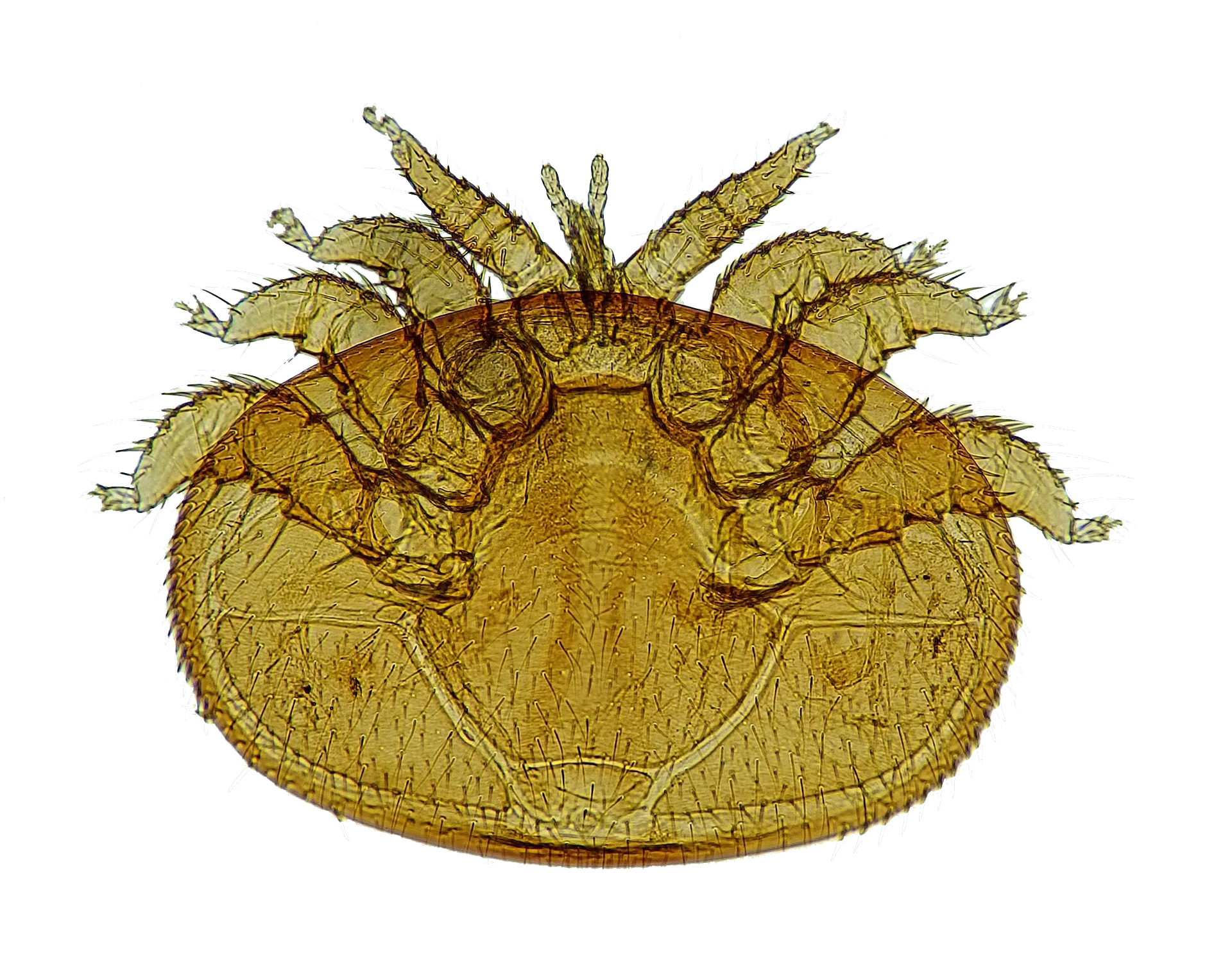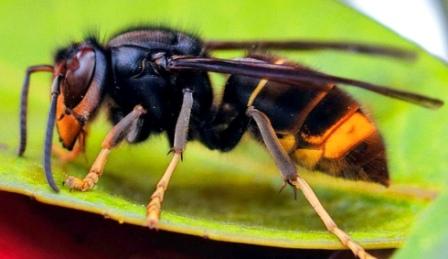Every year on the 20th of May we take some time to celebrate bees and pollinators and their importance in the world.
World Bee Day gives is a chance to highlight the importance of all bees and the many of other beneficial pollinators worldwide.

To mark this year’s celebrations, the FAO held a hybrid ceremony at their headquarters in Rome. People from all over the world attended and people could also attend virtually which opened the event up to many more people. There were several agricultural experts and members of the bee keeping industry that talked about strategies that are being implemented world-wide to help all pollinators but especially bees. It was an opportunity to raise awareness of the importance of adopting pollinator-friendly agricultural production practices, to protect bees and other pollinators. Finding ways to contribute to the resilience, sustainability, and efficiency of agrifood systems was also on the agenda to future proof the way we utilise the valuable service that pollinators offer us.
Governments, organisations, civil society and concerned citizens everywhere can use World Bee Day to promote actions that will protect and enhance pollinators and their habitats, improve their abundance and diversity, and support the sustainable development of beekeeping.
Anton Janša is considered a pioneer of modern apiculture and was born on the 20th of May, hence why World Bee Day occurs on this date. Janša came from a family of beekeepers in Slovenia, where beekeeping is an important agricultural activity with a long-standing tradition.
We have been celebrating this day since 2018, thanks to the efforts of the Government of Slovenia and FAO, with the support of Apimondia, that led the UN General Assembly to declare 20 May as World Bee Day!
The theme for World Bee Day this year is:
“Bee engaged in pollinator-friendly agricultural production”
This year there is a call for global action to support pollinator-friendly agricultural production and the importance of protecting bees and other pollinators, particularly through evidence-based agricultural production practices.
Looking to support all species of bees and pollinators is the best way we can ensure a sustainable future for all.
So, what can you do to help?
Here are three simple things that everyone can do to help bees:
- Spread the word about ‘No Mow May’ - Not cutting the lawn so short will save you lawnmower fuel and give many insects an extra source of pollen and nectar that they can use at a critical time in their life cycle.
- Provide water for pollinators -Leaving a dish filled with water in the shade outside with some marbles or rocks for them to land on will give insects a spot to drink when it’s hot.
- Don’t use pesticides and never spray open flowers -Bees are not the target species of the pesticides but encounter pesticides everywhere they go. Weeds have flowers that are a pollen and nectar source for bees so spraying them means the bees will be poisoned.






